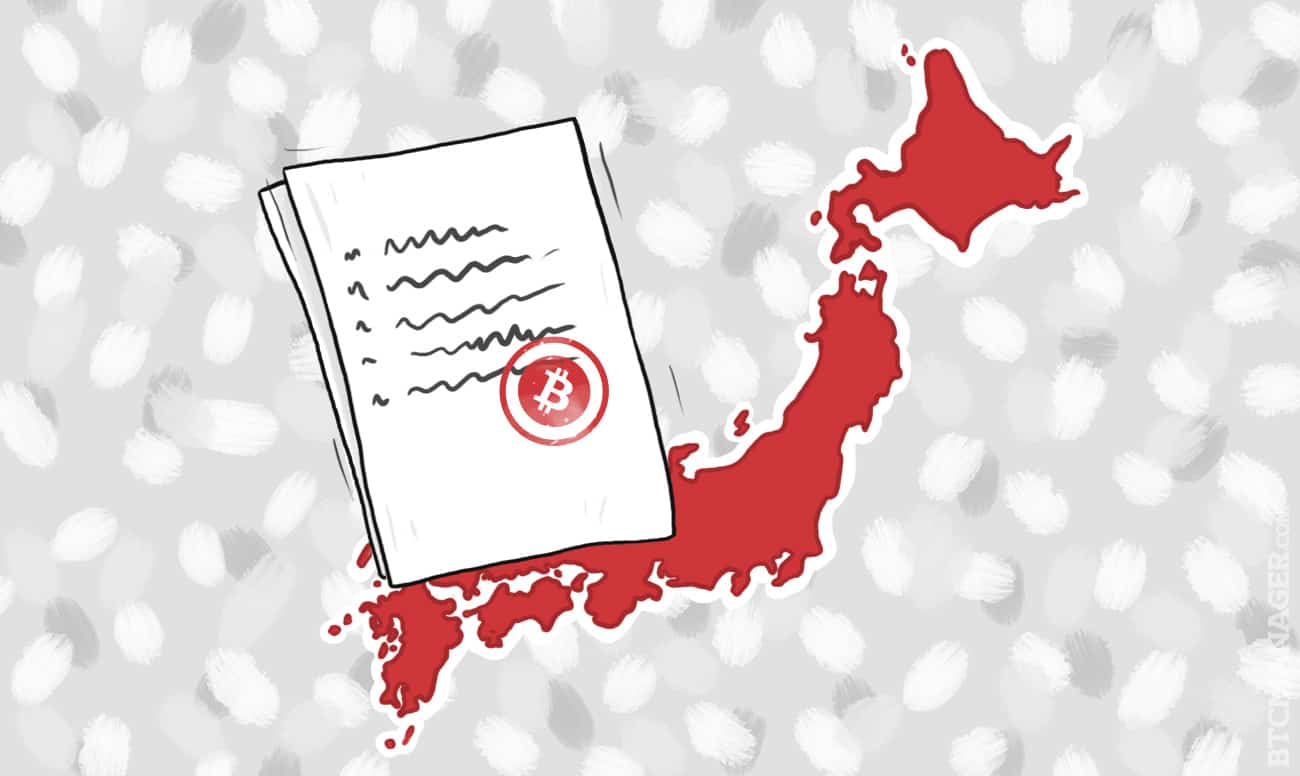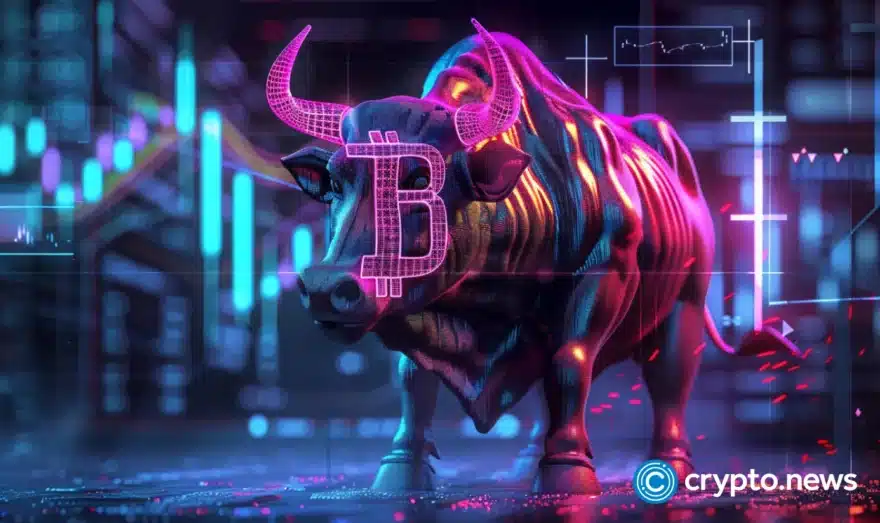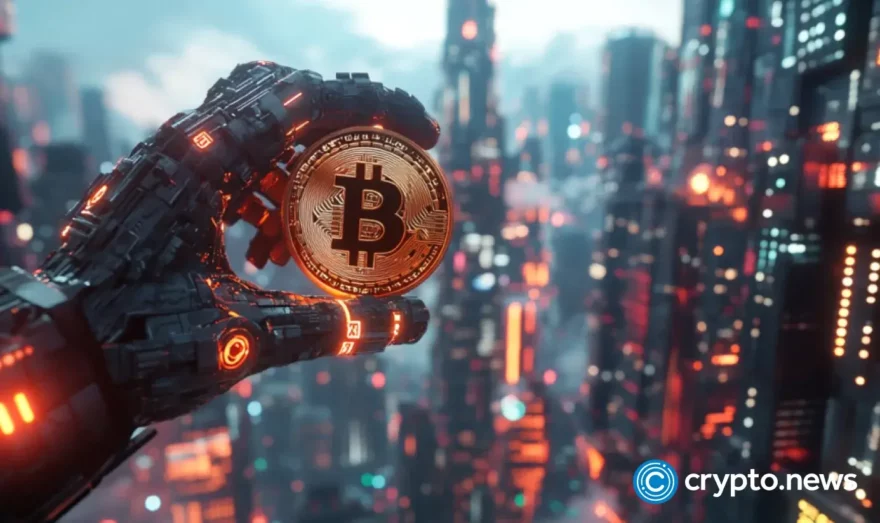Charting J-Coin: Japan’s Government Back Leap Into Digital Currency

As digital currencies continue to experience soaring interest worldwide, growing numbers of banks and central governments are strategically positioning themselves to capitalize on its advantages.
One recent example is in Japan, where Japanese banks announced plans to introduce a digital currency in time for the 2020 Tokyo Olympics. A consortium of banks, led by Mizuho Financial Group and Japan Post Bank, has garnered the blessings of the country’s central bank and financial regulator to launch J-Coin, an electronic currency used to purchase goods and transfer money using smartphones.
Transactions of J-Coin which can be converted to Japan’s fiat currency yen on a one-to-one basis will occur via a smartphone app with an accompanying QR code that can be scanned in stores.
J-Coin is seen by many of its advocates as a potential means of weaning the Japanese off their heavy reliance on cash, which currently accounts for 70 percent of all transactions. This is higher than any developed country, where on average cash usage rates are only 30 percent.
Heavy utilization of hard currency can lead to high transaction and handling fees, as well as other general expenses associated with the circulation of these notes and coins. Further, fiat based transactions are easier to keep from the watchful eye of regulators. By way of example India, citing this very concern, has made a number of aggressive moves over the past two years to shut down black markets in favor of digital currency.
This news about J-Coin comes as a number big Japanese banks have expressed their trepidation to the Japanese government and regulators about the China’s Alibaba’s Alipay service that’s being launched in several Japanese cities including Tokyo. Among the concerns is that this move will allow data on Japanese consumers to be sent to China – a country seen as a potential threat to Japan’s sovereignty.
J-Coin, however, is certain to raise eyebrows among privacy advocates given that banks in return for providing the transaction services for free will be given access to data on consumer spending pattern. This, in theory, makes it easier to not only track the currency flow but the people who use it.
Currently, Mitsubishi UFJ Financial Group, one of the country’s largest financial institutions has been testing blockchain-based alternative coin called MUFG. 1,600 of the company’s staff are currently trialing it as a means to pay for business expenses. During June 2016, BTCManager reported on the Yen-based cryptocurrency being developed by MUFG and there has been a discussion between top banks about the possibility of a collaborative relationship between MUFG and the J-Coin project.
Jordan Valentine an associate in the technology practice at Spitzberg Partners LLC, a corporate advisory and investment firm that provides strategic counsel on international, political, economic, technological, and security matters had this to say about J-Coin:
“Japan is a country caught between two worlds. On one hand, cash involves about 70 percent of all transactions in the country. This is problematic because it leads to economic costs stemming from unpaid taxes, transaction friction, and even its importance to illicit activities and money laundering. On the other hand, the country accounts for nearly 50 percent of the global Bitcoin exchange market, with major industry players and regulators very active in the crypto space.”
Valentine goes on to note that this is a time when many other nations such as Sweden and Denmark, and especially India, are taking strides to become cashless societies, so it makes sense to assume that Japanese regulators and financial industry incumbents are looking to study and benefit from this new technology. Additionally, he says, it is complicated to understate the level of concern that Japan has about dominant Chinese companies, such as Alibaba, potentially becoming keystone players in their economy. The fact that Alibaba just launched its mobile payments service in Japan, Valentine notes, might just be the catalyst to get things moving.
He concludes: “It will be interesting to see how this proposal develops in the coming years and if they are able to get it completed in time for the 2020 Olympics, which is the goal. However, I would caution them not to rush things and to take the necessary precautions to ensure security of the system and protect user privacy.”
“While there are significant benefits that can be had from a monetary policy point of view and a more immersive digital experience for consumers should this initiative prove successful, there are known and unknown downside risks that need to be carefully studied and managed.”














